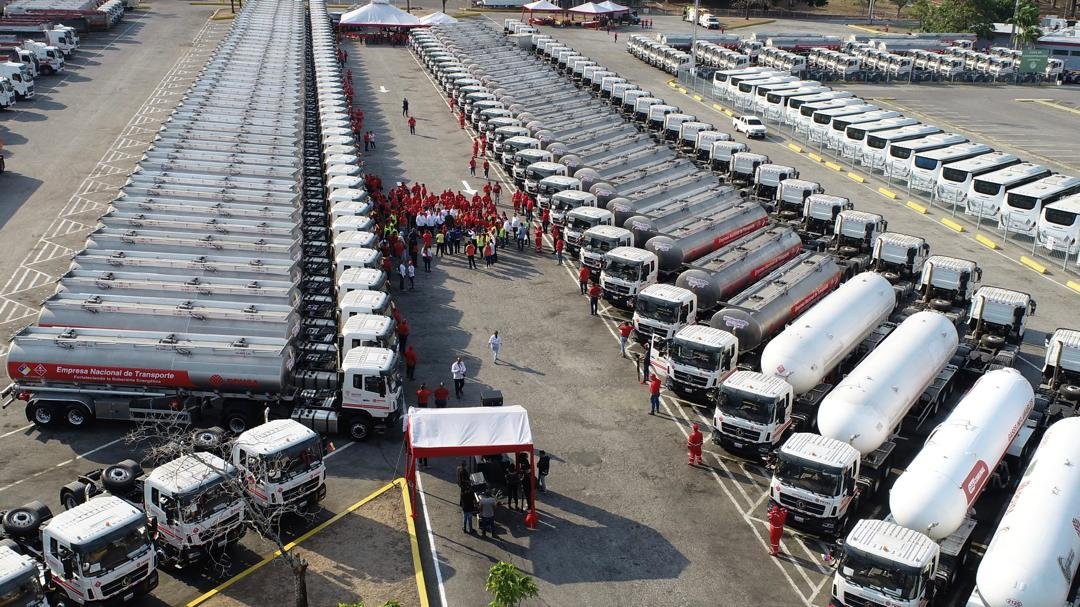Sanctions Uncertainty Limiting Venezuelan Crude Exports To U.S.
The threat of renewed sanctions and unclear guidance from the White House would be limiting flows of Venezuelan oil into the U.S. market, according to traders.
U.S.-bound shipments have not displaced Asia-bound ones despite General License 44, which allowed for the purchase of Venezuelan oil. OFAC measures have targeted the sector since 2019, as the Trump administration pursued a “maximum pressure” policy towards Venezuela.
GL 44 was issued in October, and is due to expire in April unless it is renewed. Traders and investors argue that it is causing uncertainty and expect more clear guidance from the U.S. government.
Emil Calles, founder and CEO of Venergy, an oil trading firm, says that China remains the top buyer of Merey crude. “The U.S. is the natural market for our production, we have seen growth in this direction but it remains slow. Much of the increase in shipments to the U.S. is also thanks to Chevron’s special license from November 2022.”
Global Oil Management is currently lifting its second cargo of asphalt for delivery into the U.S., according to chairman and owner Harry Sargeant III.
The company recently lifted a cargo of bitumen for the Dominican Republic. The Caribbean nation has been financially impacted by the lack of Venezuelan oil products since sanctions hit.
Antero Alvarado, director of Gas Energy Latin America, a consulting firm, says that other Caribbean countries have benefitted from GL 44. “Aruba is finally able to buy fuel oil from Venezuela again. They are just 50 miles away from the refinery in Paraguana, but they had to buy from Ecuador, at a higher cost.”
Sargeant believes that crude and other products are having a difficult time finding their way into the U.S. as the April 18th deadline looms. “Customers and their financial institutions are wary of running afoul of the OFAC, should it snap back the Trump-era sanctions.”
Calles says that “the main effect has been improving expectations for the sector, and a narrowing of the crude price discount.” Chinese buyers are paying around $30 less for Venezuelan crude than Brent—a benchmark price. Meanwhile, Western buyers have closed the gap and are paying around $16 below Brent.
Sargeant argues that “every time we sanction a commodity-rich country, we invite the Chinese to an all-you-can-eat free buffet paid for by the American consumer. Despite GL 44, the current uncertainty continues to benefit them at our expense.”

